
Waste Management in Dublin
Waste Generated Per Person in Dublin
Ireland is one of the highest waste producers per capita in Europe, generating an alarming amount of waste each year. In 2018 alone, nearly 14 million tones of waste were produced across various sectors, including households, industry, construction, and agriculture, equating to about 2.9 tones per person. This staggering volume could fill Dublin’s Croke Park stadium to the top of its stands annually, highlighting the scale of the waste issue. Almost 50 tones of dumped waste is collected monthly in the Dublin Central Area – a huge increase since the pandemic lockdowns.
The latest data from the Environmental Protection Agency (EPA) reveals that a large proportion of recyclable and organic waste continues to be improperly disposed of in general waste bins. This mismanagement not only hinders recycling efforts but also results in the loss of potential resources that could be reused or turned into energy.
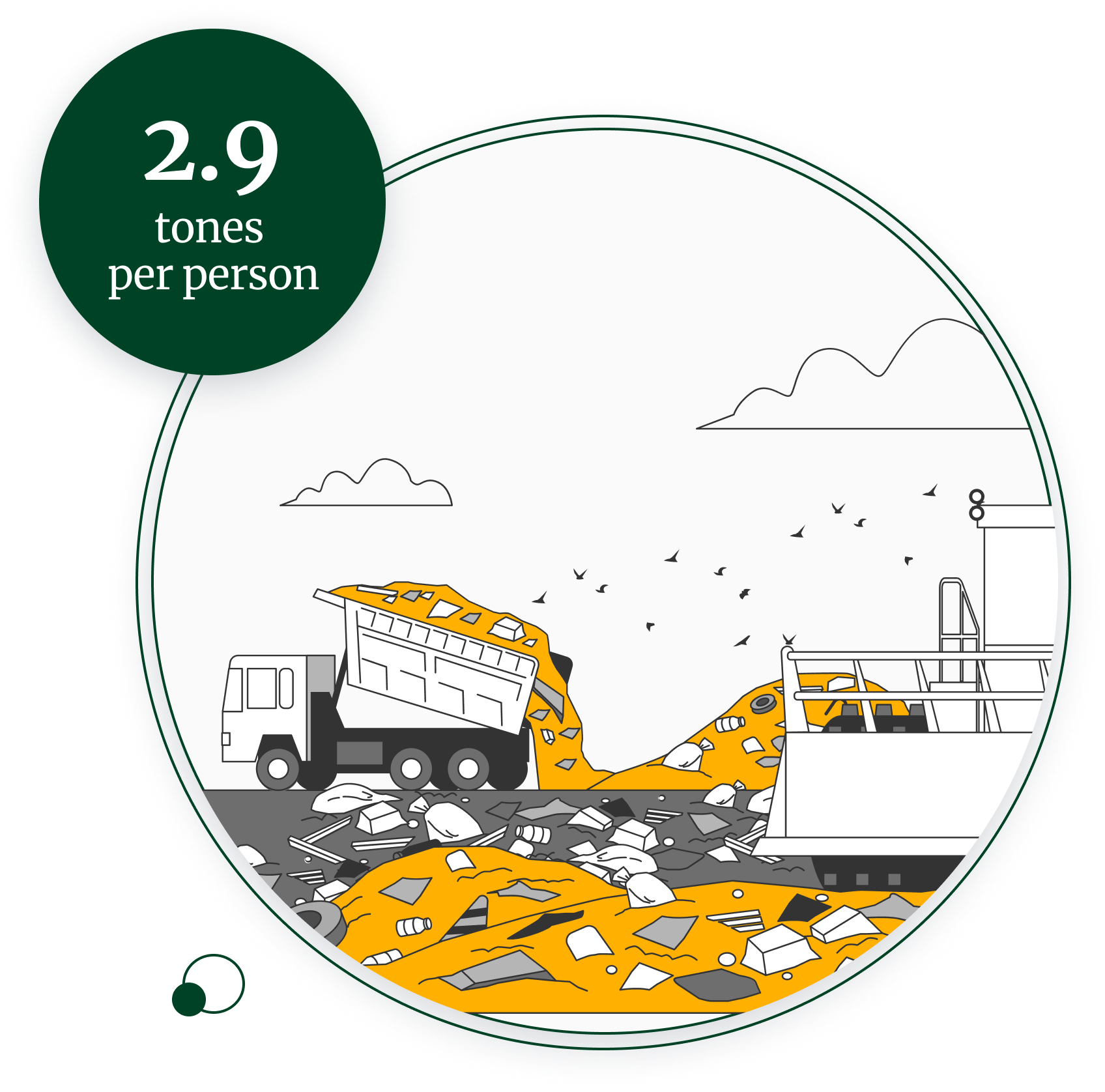
Main Sources of Waste in Dublin
In 2021, Dublin generated approximately 1.84 million tones of household waste, with 1.81 million tones being managed through proper channels. However, a concerning amount—about 25,700 tones—remained unmanaged, contributing to pollution and environmental degradation through illegal dumping or burning.

Municipal Solid Waste (MSW)
Municipal waste includes waste collected from households, small businesses, and public services. In 2021, Ireland generated 3.17 million tones of municipal waste, a slight decrease from 3.2 million tones in 2020. Over half (57%) came from households, while 43% originated from commercial and public services.
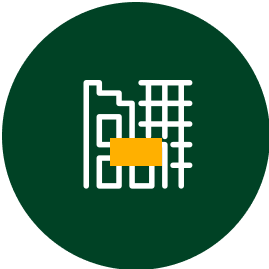
Construction and Demolition
(C&D) Waste
Ireland generated 9 million tones of Construction and Demolition (C&D) waste in 2021, a 10% increase from 8.2 million tones in 2020. The majority (85%) was soil and stone, with smaller amounts of concrete, brick, and mixed C&D waste. Most of this waste (96%) was treated in Ireland, with 85% used for backfilling.
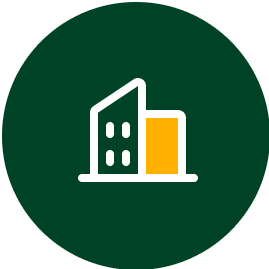
Industrial Waste
In 2022, the industrial sector in Ireland generated 77% of the country’s hazardous waste, including by-products of waste treatment, industrial solvents, sludges, oils, WEEE, batteries, and infectious waste from healthcare.

Agricultural Waste
Ireland generated an estimated 53,000 tones of food waste at the primary production stage in 2022, with horticulture contributing the largest share. This equates to 146kg of food waste per person which is higher than the EU average of 130kg of food waste per capita
Different Types of Waste Typically Generated in Dublin
The approximate percentages provided are based on general waste composition data from reports and studies conducted in recent years. These figures are often drawn from national and regional waste management reports, EU waste statistics, and specific studies conducted by environmental agencies.
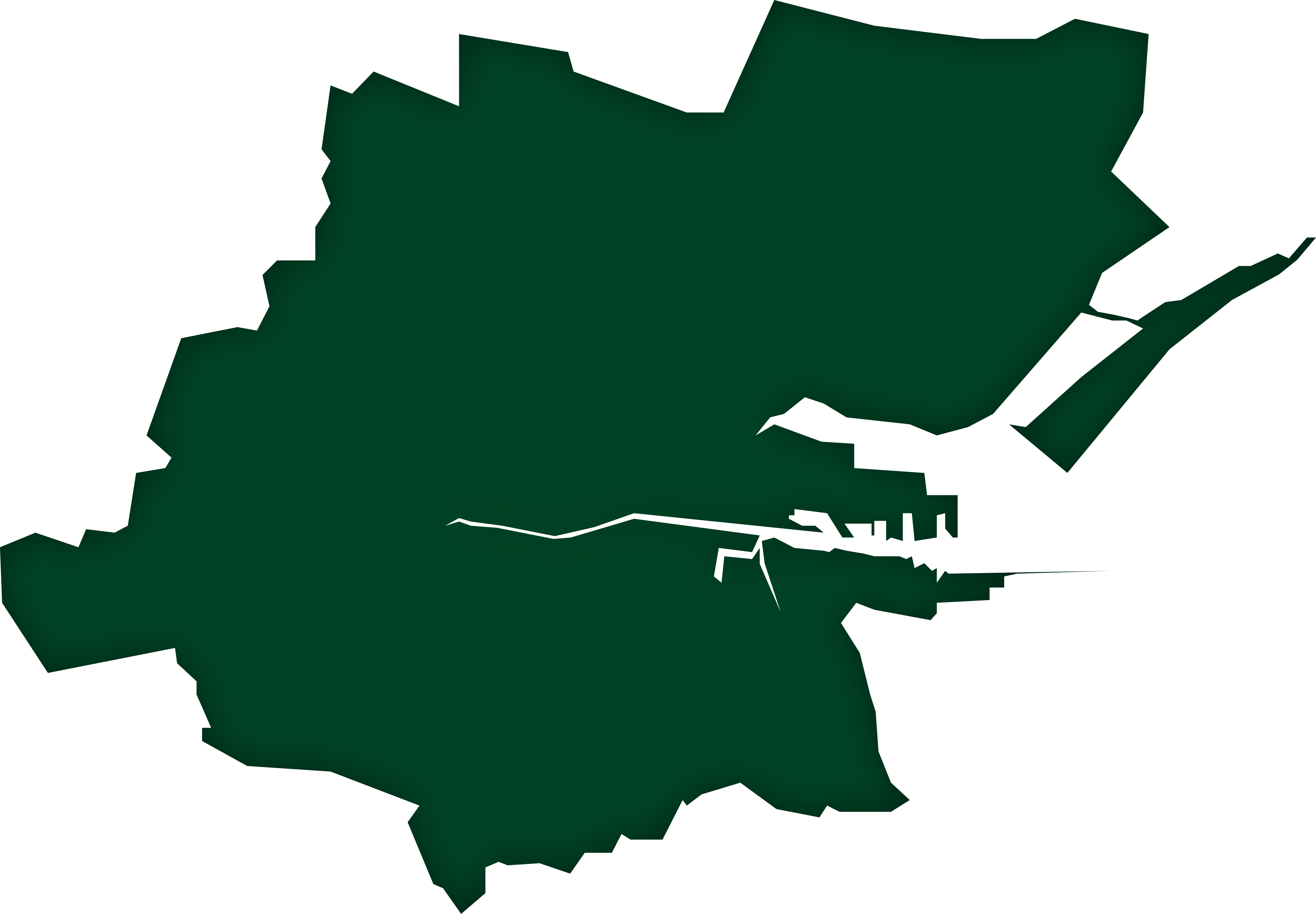
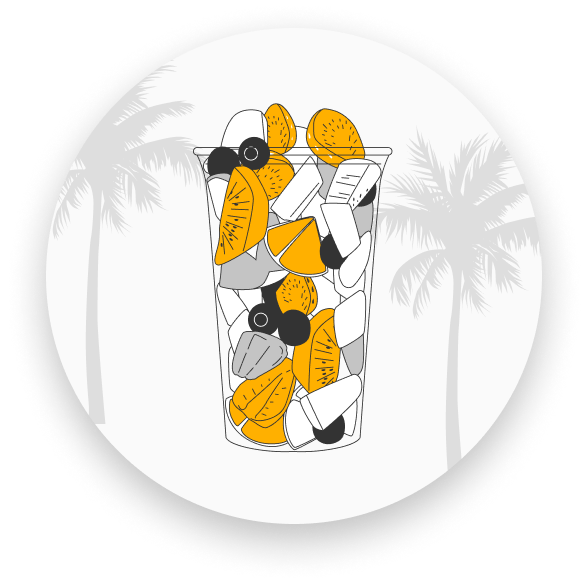
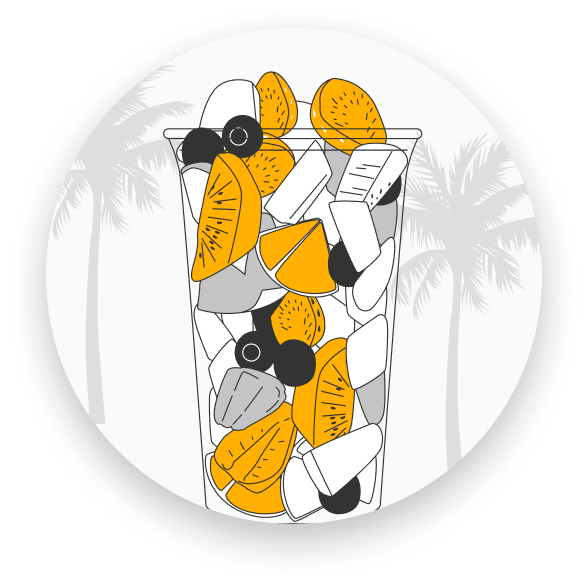
Organics
30-35% of MSW
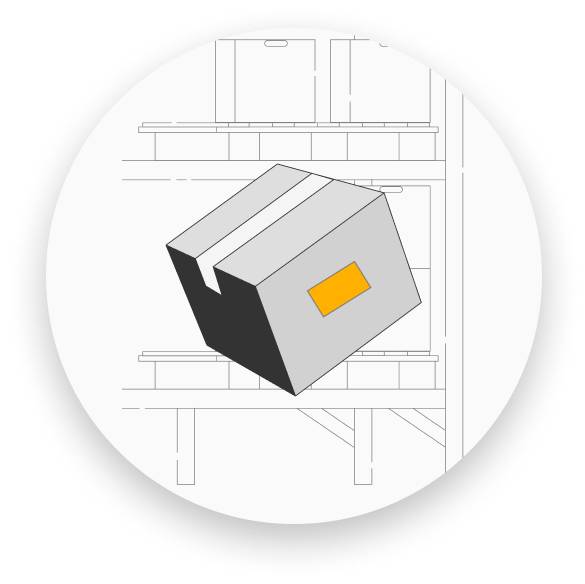
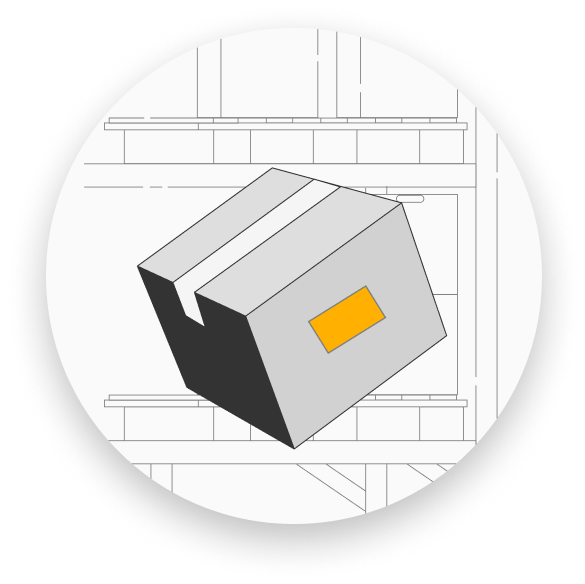
Paper/Cardboard
25-30% of MSW
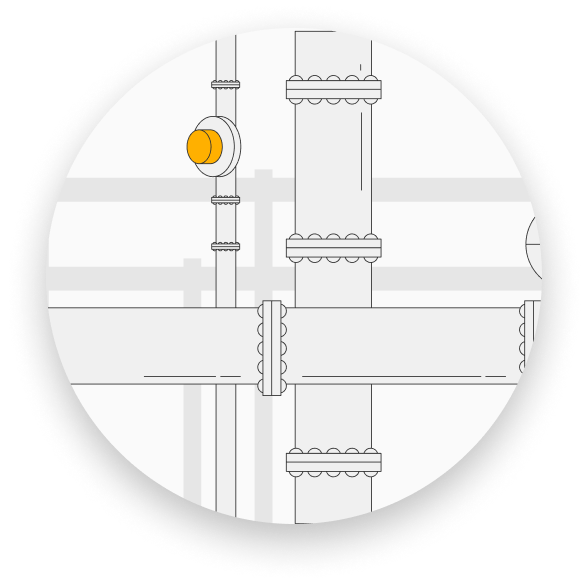
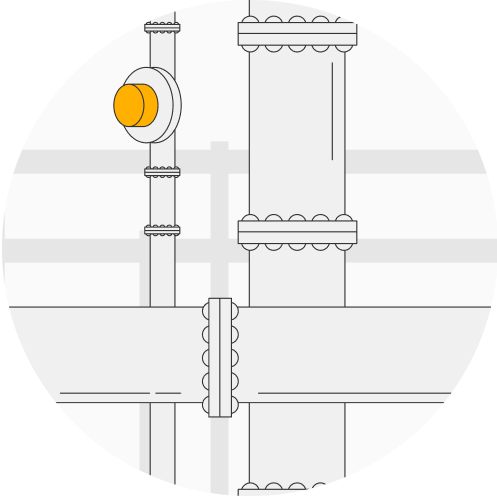
Metals
8-10% of MSW


Glass
5-7% of MSW


Electronic Waste
1-2% of MSW
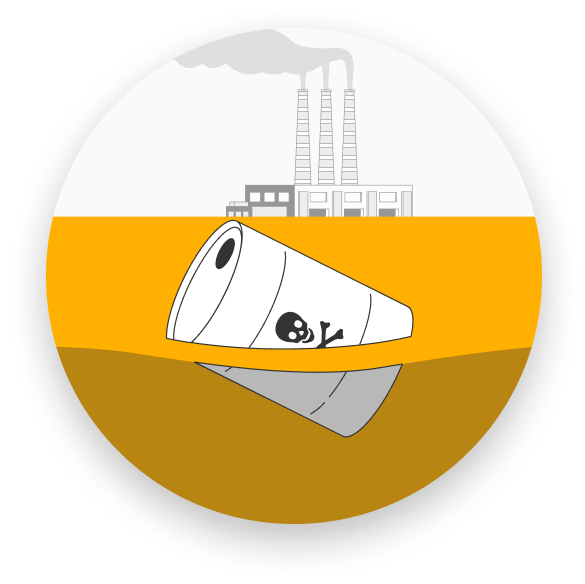
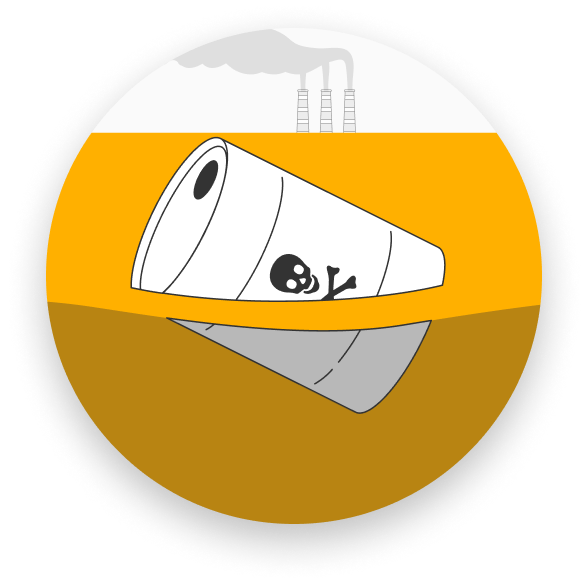
Hazardous Waste
3-5% of MSW

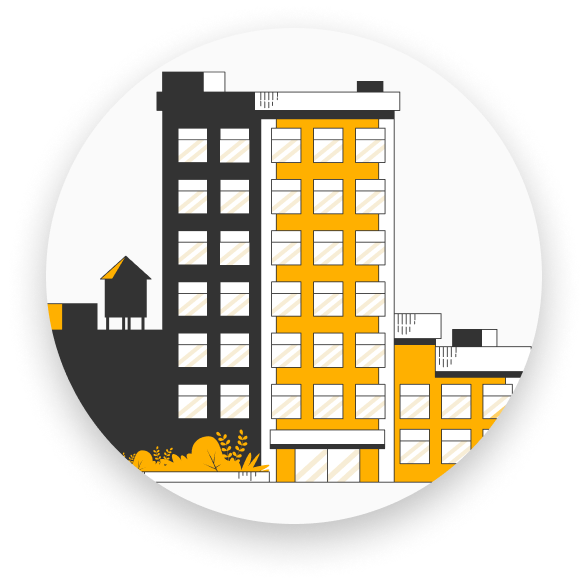
Construction and Demolition
10-12% of MSW
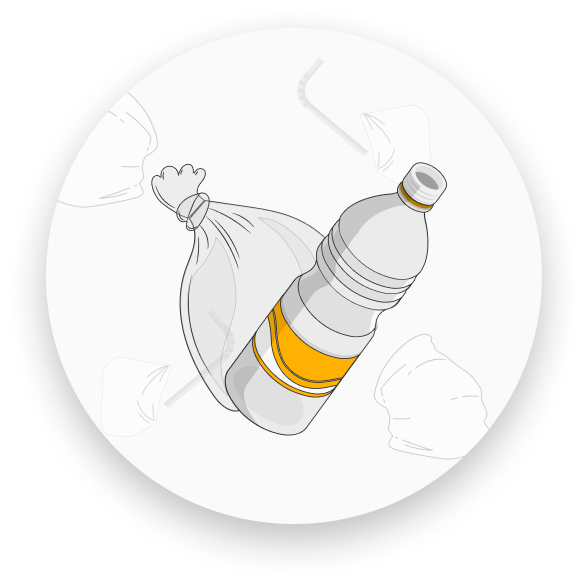
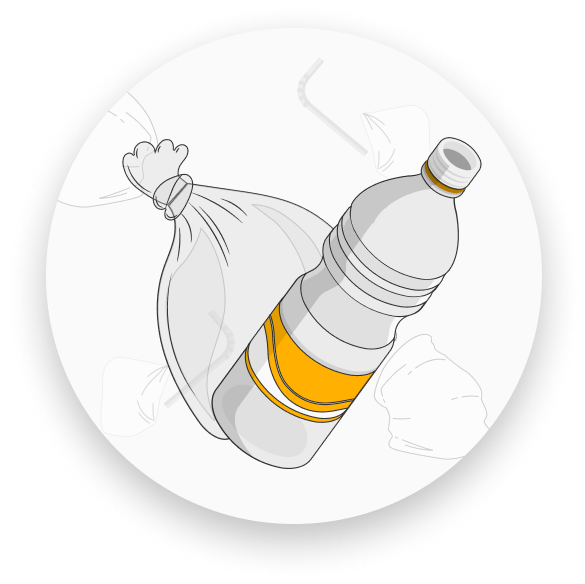
Plastic
12-14% of MSW


Textiles
6-8% of MSW
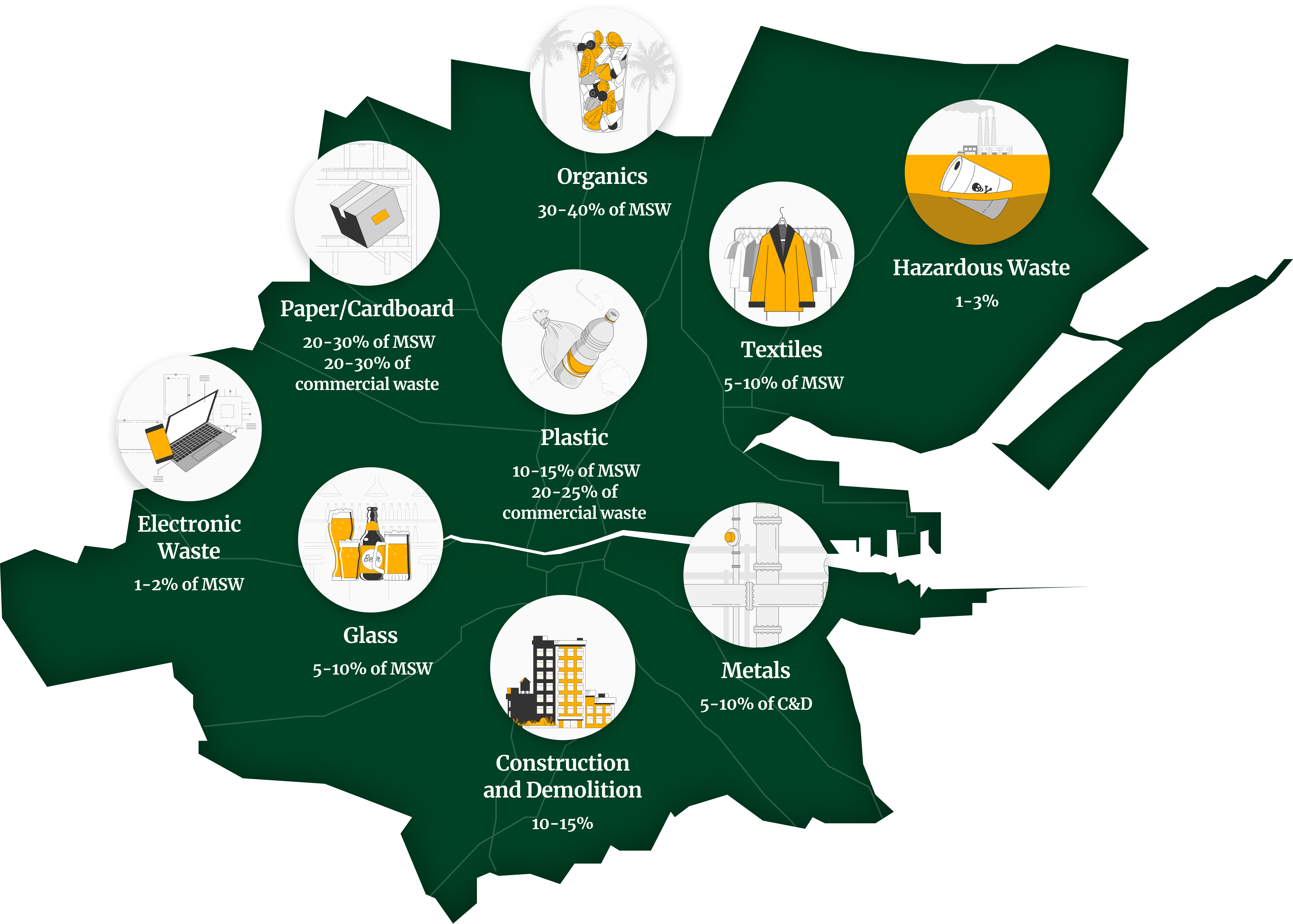
“ There is no such thing as waste –
just wrong material in the wrong place. ”
What you can recycle in Green Bin
- Metal: Soup, empty paint cans, drink cans, food tins, Metal caps and lids.
- Paper & Cardboard: Pizza boxes, Paper cups, Egg cartons, Trays.
- Plastic: Hard plastic bottles, Soft plastic (Crisp packets, plastic bag, bubble wrap), Plastic bottles, Jugs & jars, Caps & lids.
- Cartons: Tetra-pak, Milk, Soup, Drinks and Juice cartons.
- Rigid Plastic: Soup, empty paint cans, empty food cans.
What you can recycle in Brown Bin
- Food Waste: Coffee grounds & filters, Cooked & raw foods, Dairy products, Eggs & eggshells, Fruits, vegetables & peelings, Tea leaves & tea bags, Meat, bones & fish.
- Garden Waste: Hedge clippings, Twigs & branches, Leaves, plants, weeds & grass.
What you can recycle in Black Bin
- Nappies, Soiled food packaging, Bathroom waste, Animal waste, Aerosols, Cold ashes, Takeaway coffee cups, Used candles.
Things that are not allowed in bins
Batteries & electrical items, Glass, Builders rubble, Bricks, Metal fabric, clothing & textiles, Oil & liquids, Paint, Hazardous waste.
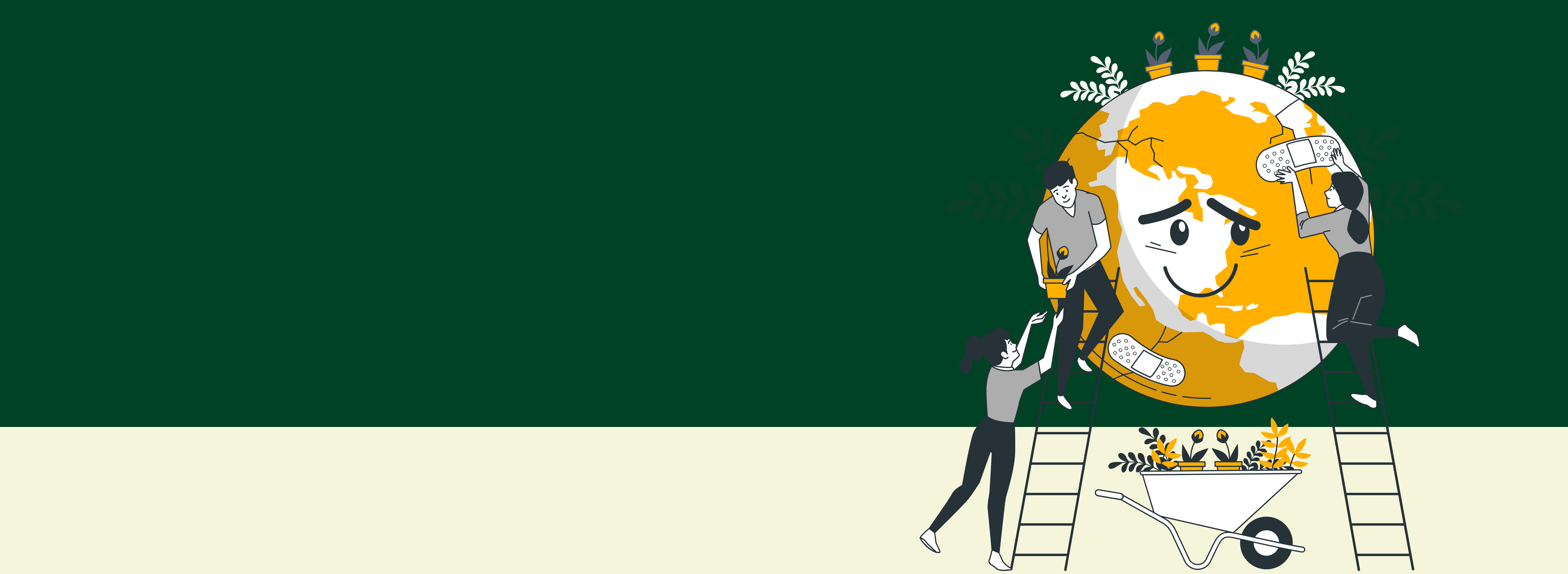
Looking to live more sustainably? Our directory of eco-friendly resources and services in Dublin makes it easy to find everything from zero-waste stores to green energy providers.
